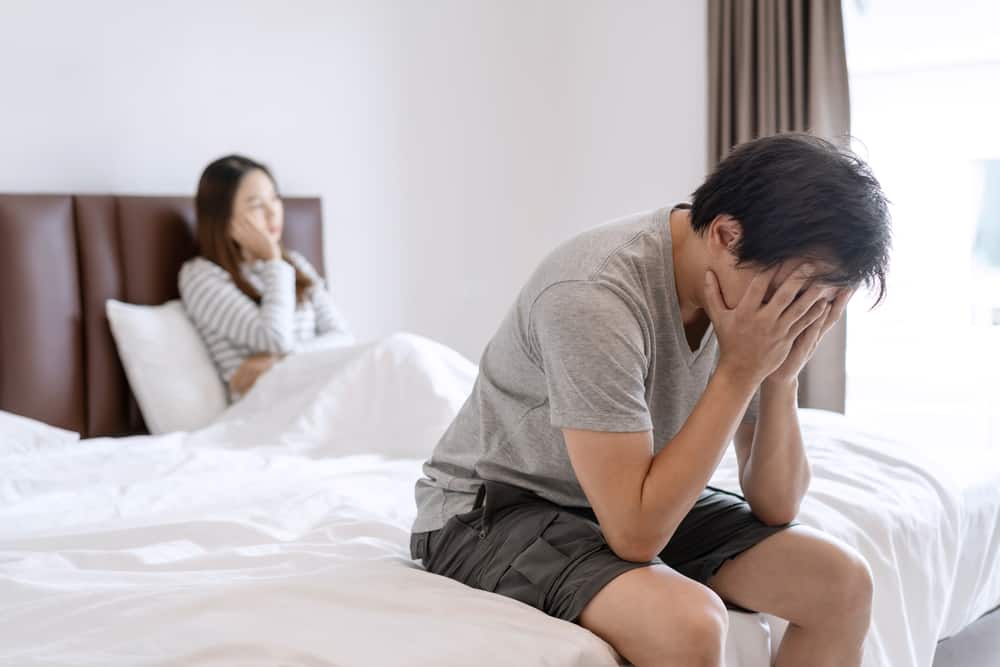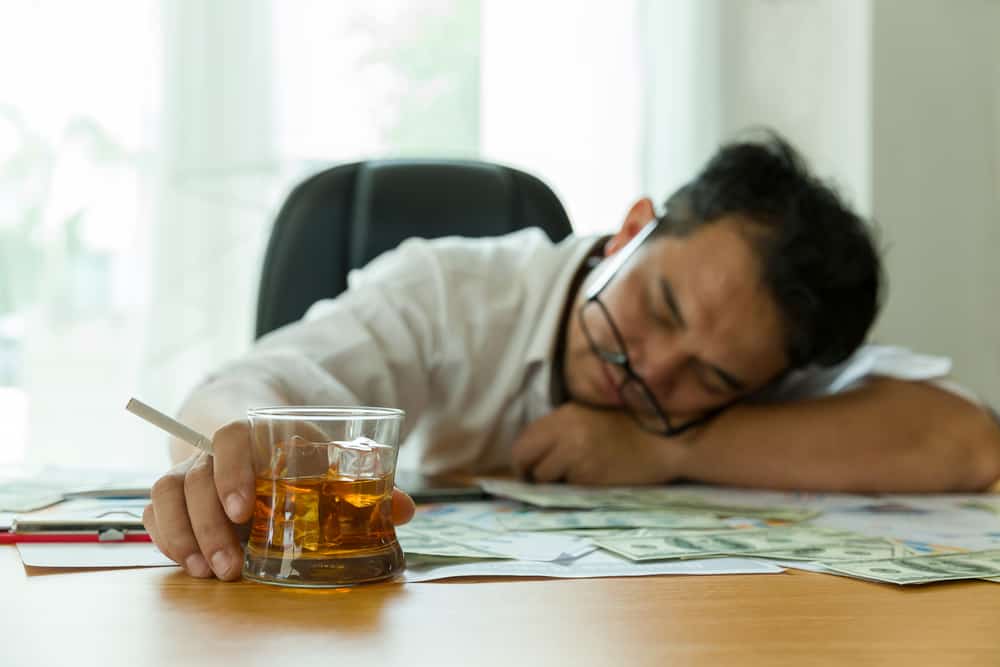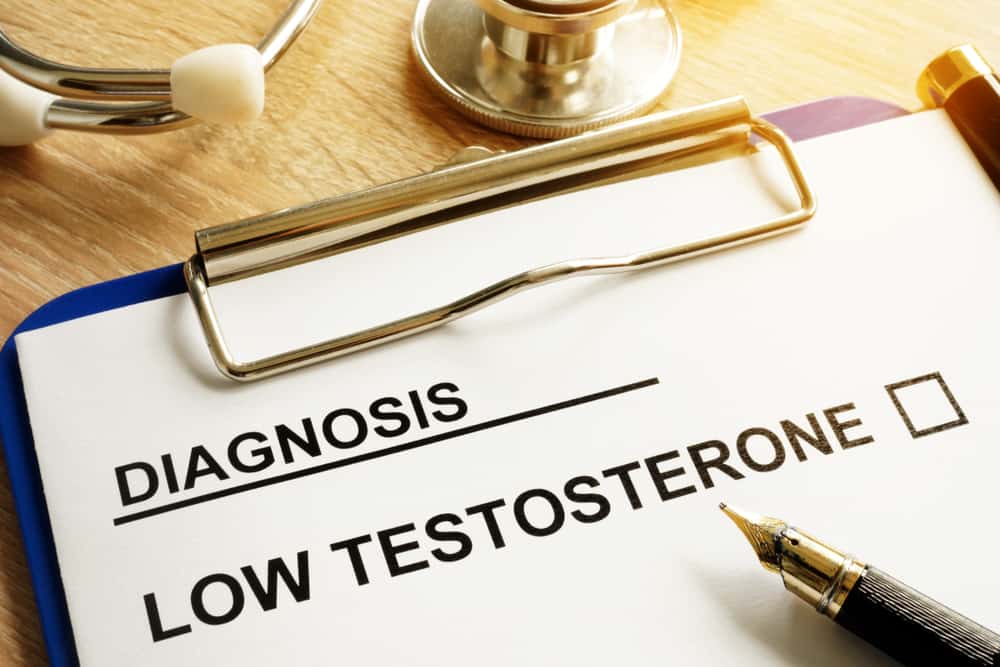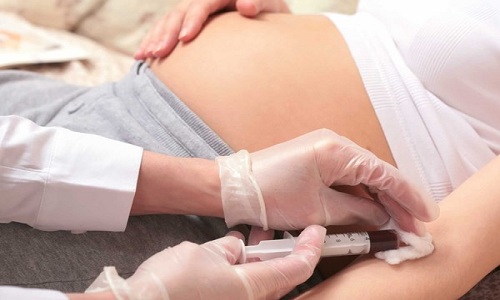Many men experience erectile dysfunction, loss of sex drive, and other physical and emotional symptoms as they enter their late 40s to early 50s. At this stage, many people think they’re on their own has reached male menopause.
So what is the nature of male hypogonadism? Is it the same as menopause in women? At what age are men physiologically weak? Let’s answer these questions in the following article.
Correct understanding of the term male menopause
Menopause (English: Male menopause or Andropause) is a word commonly used to describe a decrease in testosterone levels associated with aging (similar to menopause in women). However, this is often confusing because the decline in reproductive hormones in men and women plays out completely differently.
According to the Mayo Clinic, in women, ovulation ends and hormone production plummets for a short period of time. Meanwhile, the decrease in the production of testosterone and other hormones in men goes on for years and doesn’t produce the same dramatic changes as in women.
Therefore, to avoid misunderstanding, nowadays instead of using the phrase male lustpeople often use the term Late-onset male hypogonadism (late-onset hypogonadism) or low testosterone due to age (age-related low testosterone) refers to a gradual decline in testosterone levels.
>>> Read more:4 ways to take care of the penis so that It is always full of energy
Symptoms of male menopause

The drop in testosterone levels caused by menopause can cause many physical, sexual, and psychological problems. According to the Mayo Clinic, testosterone levels tend to drop by an average of 1% per year after men turn 40. Certain health conditions can cause your testosterone levels to drop earlier or more severely.
Signs and symptoms of male menopause include:
- Hot flushes or sweating
- Chest discomfort
- Decreased bone density
- Decreased libido and sexual activity
- Reduced erection or erectile dysfunction
- Loss of fertility.
Other symptoms may include decreased energy, motivation and confidence, depressed mood, and poor concentration. Men in menopause are also more likely to experience sleep disturbances, mild unexplained anemia, decreased muscle mass and strength, and increased body fat, especially around the chest and abdomen.
Causes of male menopause

The medical community believes that the decline in testosterone with age is not the only cause of male hypogonadism symptoms. Other risk factors may include:
- Lack of exercise
- Smoke
- Regularly drinking alcohol, beer or using stimulants
- Stress
- Anxiety disorders
- Sleepless.
Some men experience psychological crises related to their careers and personal lives. This can lead to depression and trigger a host of factors that lead to symptoms of low testosterone.
An unhealthy diet and lack of nutrients also contribute to the symptoms of menopause.
In addition, erectile dysfunction can be caused by problems with the blood vessels or nervous system, not necessarily related to hormones.
Diagnosis and treatment of male menopause

Blood tests can help check for low testosterone levels in men entering menopause. However, according to the Mayo Clinic, this index should only be checked if a person has signs or symptoms. If the results confirm low testosterone levels, further testing of the pituitary gland is recommended to determine the cause and rule out other hormone deficiencies.
Testosterone therapy is often prescribed to treat low levels of male sex hormones. Before treatment, the doctor will advise and explain to the patient the target level, the different forms of supplementation (intramuscular, sublingual, gel, patch, testosterone implant…) as well as the tests. follow.
Although effective, this therapy also carries some risks. This includes stimulating the growth of metastatic breast and prostate cancer, increasing the risk of heart problems and stroke, and contributing to the formation of blood clots in the veins. This therapy is also not suitable for people with sleep apnea and epilepsy.
Lifestyle changes to improve symptoms of male menopause
In addition to medical treatment, male menopause patients in their 50s or any age can apply natural ways to increase testosteronewhile building a healthy life to manage symptoms such as:
- Build a healthy diet
- Exercise regularly
- Get enough sleep
- Stress management.
In addition, patients with anxiety and depression problems can contact their doctor for guidance on psychological treatment with medication, therapy, and appropriate lifestyle changes.
It is normal for testosterone levels to decline with age. Many people can manage the symptoms of menopause without treatment. However, if they cause a decline in your quality of life, you should contact a specialist for advice and instructions on how to overcome them.






